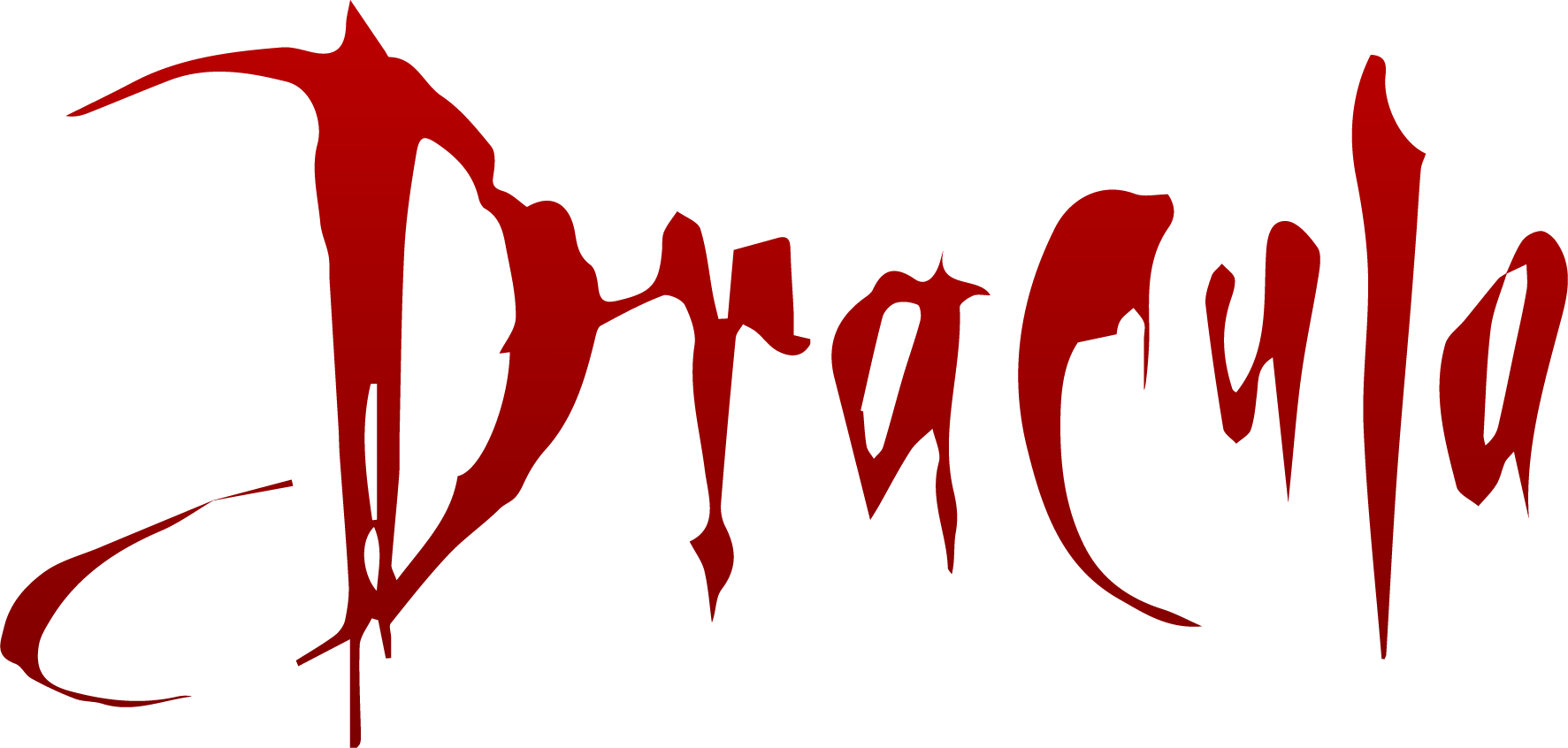
A novel written by Bram Stoker in 1897
Jonathan Harker, a young English lawyer, travels to Castle Dracula in the Eastern European country of Transylvania to conclude a real estate transaction with the Count Dracula. During his journey, he's going to write a logbook.
I propose you to read the first two days of it.
Day 02 : 4 May.

I found that my landlord had got a letter from the Count, directing him to secure the best place on the coach for me; but on making inquiries as to details he seemed somewhat reticent, and pretended that he could not understand my German. This could not be true, because up to then he had understood it perfectly; at least, he answered my questions exactly as if he did. He and his wife, the old lady who had received me, looked at each other in a frightened sort of way. He mumbled out that the money had been sent in a letter, and that was all he knew. When I asked him if he knew Count Dracula, and could tell me anything of his castle, both he and his wife crossed themselves, and, saying that they knew nothing at all, simply refused to speak further. It was so near the time of starting that I had no time to ask any one else, for it was all very mysterious and not by any means comforting.
Just before I was leaving, the old lady came up to my room and said in a very hysterical way:
"Must you go? Oh! young Herr, must you go?" She was in such an excited state that she seemed to have lost her grip of what German she knew, and mixed it all up with some other language which I did not know at all. I was just able to follow her by asking many questions. When I told her that I must go at once, and that I was engaged on important business, she asked again:
"Do you know what day it is?" I answered that it was the fourth of May. She shook her head as she said again:
"Oh, yes! I know that! I know that, but do you know what day it is?" On my saying that I did not understand, she went on:
"It is the eve of St. George's Day. Do you not know that to-night, when the clock strikes midnight, all the evil things in the world will have full sway ? Do you know where you are going, and what you are going to?" She was in such evident distress that I tried to comfort her, but without effect. Finally she went down on her knees and implored me not to go; at least to wait a day or two before starting. It was all very ridiculous but I did not feel comfortable. However, there was business to be done, and I could allow nothing to interfere with it. I therefore tried to raise her up, and said, as gravely as I could, that I thanked her, but my duty was imperative, and that I must go. She then rose and dried her eyes, and taking a crucifix from her neck offered it to me. I did not know what to do, for, as an English Churchman, I have been taught to regard such things as in some measure idolatrous, and yet it seemed so ungracious to refuse an old lady meaning so well and in such a state of mind. She saw, I suppose, the doubt in my face, for she put the rosary round my neck, and said, "For your mother's sake," and went out of the room. I am writing up this part of the diary whilst I am waiting for the coach, which is, of course, late; and the crucifix is still round my neck. Whether it is the old lady's fear, or the many ghostly traditions of this place, or the crucifix itself, I do not know, but I am not feeling nearly as easy in my mind as usual. If this book should ever reach Mina before I do, let it bring my good-bye. Here comes the coach!
Who's Bram Stoker ?

Stoker was born on 8 November 1847 at 15 Marino Crescent, Clontarf, on the northside of Dublin, Ireland. His parents were Abraham Stoker (1799–1876) from Dublin and Charlotte Mathilda Blake Thornley (1818–1901), who was raised in County Sligo. Stoker was the third of seven children, the eldest of whom was Sir Thornley Stoker, 1st Bt. Abraham and Charlotte were members of the Church of Ireland Parish of Clontarf and attended the parish church with their children, who were baptised there and Abraham was a senior civil servant.
He was bedridden with an unknown illness until he started school at the age of seven, when he made a complete recovery. Of this time, Stoker wrote, "I was naturally thoughtful, and the leisure of long illness gave opportunity for many thoughts which were fruitful according to their kind in later years." He was educated in a private school run by the Rev. William Woods.
After his recovery, he grew up without further serious illnesses, even excelling as an athlete (he was named University Athlete, participating in multiple sports) at Trinity College, Dublin, which he attended from 1864 to 1870. He graduated with a BA in 1870, and purchased his MA in 1875. Though he later in life recalled graduating "with honours in mathematics," this appears to have been a mistake. He was auditor of the College Historical Society (the Hist) and president of the University Philosophical Society, where his first paper was on Sensationalism in Fiction and Society.
Stoker became interested in the theatre while a student through his friend Dr. Maunsell. While working for the Irish Civil Service, he became the theatre critic for the Dublin Evening Mail, which was co-owned by Sheridan Le Fanu, an author of Gothic tales. Theatre critics were held in low esteem, but he attracted notice by the quality of his reviews. In December 1876, he gave a favourable review of Henry Irving's Hamlet at the Theatre Royal in Dublin. Irving invited Stoker for dinner at the Shelbourne Hotel where he was staying, and they became friends. Stoker also wrote stories, and "The Crystal Cup" was published by the London Society in 1872, followed by "The Chain of Destiny" in four parts in The Shamrock. In 1876 while a civil servant in Dublin, Stoker wrote the non-fiction book The Duties of Clerks of Petty Sessions in Ireland (published 1879) which remained a standard work. Furthermore, he possessed an interest in art, and was a founder of the Dublin Sketching Club in 1879.

Credits : Wikipedia, « Bram Stoker », [online].
click on the signature